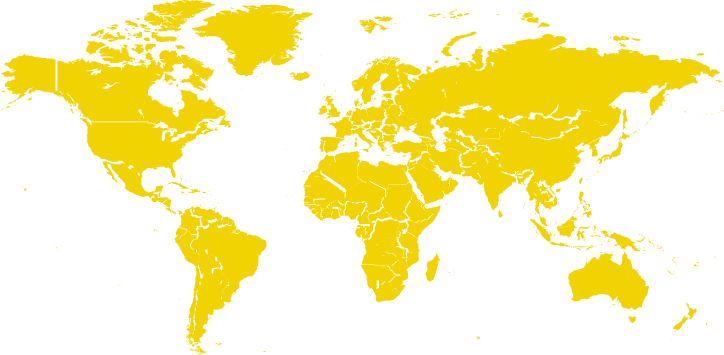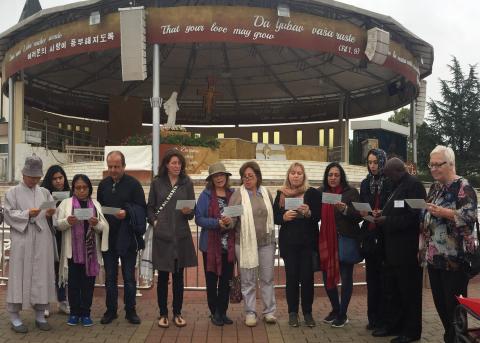No greater threat challenges humankind's quest for a sustainable future as do the over 20,000 nuclear weapons in the arsenals of eight nations -- US and Russia (with over 95% of the weapons), UK, France, China, India, Israel and Pakistan. Most of these weapons dwarf the destructive impact of the devices used on Hiroshima and Nagasaki in potency. In one afternoon, by mistake or design, civilization could end. The proposition that these devices will not ever be used by accident or design is not reasonable and a peace based on the threat of their use is unworthy of civilization.
Moreover, it is morally incoherent for some nations to say nuclear weapons are good in their hands while asserting that they become unacceptable in the hands of others. The dangerous and expensive deployments of these weapons in the hands of but a few states is the greatest stimulant to proliferation. How can the states with the most powerful conventional forces claim a need for these doomsday devices for their security and believe they can effectively deprive all others of this alleged benefit? This is a significant issue today when 182 nations have intentionally renounced having nuclear weapons and, under the terms of the Nuclear Nonproliferation Treaty, expect those states with these weapons to negotiate nuclear weapons elimination.
In September 1961, speaking to the United Nations General Assembly, a very young and charismatic American president, John F. Kennedy, warned, “Every man, woman and child lives under a nuclear sword of Damocles, hanging by the slenderest of threads, capable of being cut at any moment by accident or miscalculation or by madness.” President Obama in Prague in April of 2009 stated, "So today, I state clearly and with conviction America's commitment to seek the peace and security of a world without nuclear weapons." This aspiration to achieve, in the words of UN Secretary General Ban Ki-moon, a "public good of the highest order", has gained new momentum in recent times, for many understand that before us lies a route in which the weapons proliferate or another route in which they are reduced in value and numbers and then eliminated.
The entire Southern hemisphere of the planet has become one virtual nuclear weapons free zone by virtue of regional treaties -- the Treaty of Rarotango, coving the South Pacific, the Treaty of Pelindaba, covering Africa, and the Treaty of Tlalelolco, covering Latin America and the Caribbean. Recently we have witnessed the entry into force of the Central Asia Nuclear Weapons Free Zone Treaty, the first such instrument north of the Equator. The Secretary General has included in his dynamic Five Point Agenda for nuclear nonproliferation and disarmament a suggestion that it is time to advance toward making the entire world a nuclear weapons free zone through a nuclear weapons convention or framework of legal instruments that would universally, verifiably and in a non discriminatory manner abolish nuclear weapons everywhere forever.
Since all humanity is threatened with collective annihilation, it is time that all humanity addressed this threat together. Religions have an essential role in this process. When religions act based on their shared respect for life, its Creator, and its wondrous manifestations, demonstrate the divine qualities of compassion, love, and peace, and thus honor the mysterious power that has gifted us with creation itself, they can be the most potent force for good and human unity. People who believe in ethical, moral or spiritual values must address the enormous threat to the web of life posed by nuclear weapons in a cooperative and passionate manner.
There are no enemies that justifies placing the future of humanity at such risk. It is becoming clear that these weapons express a strong love of power unlike any other power human beings have ever before possessed. Ultimately we believe in another power that will prevail in bringing religions together in a united way. Let us call it simply the power of love and let us become those who demonstrate its majesty in our actions.

